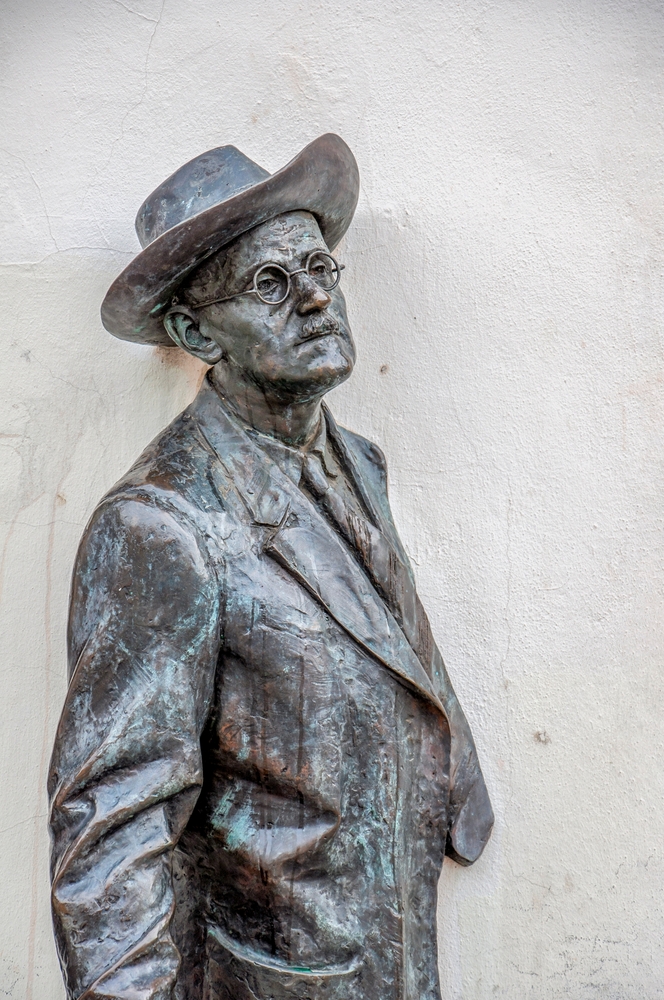The title Harold Kaplan gives to the first section of his critique of James Joyce is Stoom: the universal comedy of James Joyce. As we have seen with Gustave Flaubert, this brand of comedy is as serious as it gets.
(more…)Category: Modern Literature
This is a series is based on Harold Kaplan’s book, The Passive Voice. He theorizes that the death of the anthropomorphic spirit has made action impossible. This has led to the passive voice in modern fiction. Kaplan analyzes Gustave Flaubert, James Joyce, Ernest Hemingway, William Faulkner, Joseph Conrad, and D. H. Lawrence.
-
The Historical Context of Modern Literature 1789-1914
As I studied James Joyce to prepare for the next chapter of Harold Kaplan’s book, I realized that I need to at least mention the historical context of modern literature. This background is not included in The Passive Voice. Kaplan probably assumed his readers would be familiar with it, but the missing political and social history was crucial for my own understanding. I suspect its importance will become more clear as we continue with this study.
(more…) -
The Spirit of Comedy Without Humor
Harold Kaplan entitled his essay on Madame Bovary ‘the seriousness of comedy’. In his view, and that of other literary critics cited by him, this work is a ‘special form of dry comedy’ in that it stresses the conflict between feeling agent and unfeeling object. Its effect is the spirit of comedy without humor.
(more…) -
Modernism’s Contempt for the Human Intellect
The skeptical mode is the source of modernism’s contempt for the human intellect. Or maybe it’s better to say modernism’s contempt for the human’s ability to know anything. Harold Kaplan1 says we have come to believe this mode is the strongest trait of an enlightened modern consciousness. Metaphysics might seem to be the focus of this skepticism, but its focus is primarily the ordinary human consciousness.
(more…) -
The Crisis of Knowledge
In this series, I want to share my thoughts about Harold Kaplan’s book, The Passive Voice1. Kaplan deals with several related literary topics, but they all arise from the crisis of knowledge in modern intellectual history. I have some doubts about my part in this endeavor, which I’ll state briefly in this introduction to the series.
(more…)
